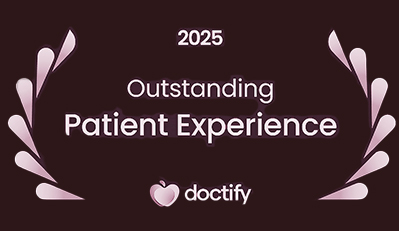
What type of anaesthesia is used for private cataract surgery?
Cataract surgery is quick, safe, and life-changing. But many patients ask one key question:
“Will it hurt?”
Understanding the type of anaesthesia used can ease your mind. At private clinics, the focus is always on comfort and safety. In this blog, we’ll explain what anaesthesia is used, how it works, and what you’ll feel during surgery.
Do you need to be asleep for cataract surgery?
The short answer is no. Cataract surgery is almost always done while you are awake, using local anaesthesia. This means the eye is numb, but you stay comfortable and relaxed.
General anaesthesia (where you’re fully asleep) is rarely needed and usually reserved for patients with special needs or extreme anxiety.
What types of local anaesthesia are used?
Private cataract surgery typically uses one of two methods:
- Eye drops (topical anaesthesia)
- Drops are placed on the eye to numb the surface.
- No injections needed.
- You may feel gentle pressure or movement but no pain.
- Local anaesthetic injection (peribulbar or sub-Tenon’s)
- A tiny injection around the eye gives a deeper numbness.
- Used for patients who may move more or for complex cases.
- The injection is quick and painless after a numbing drop.
Which is better?
For most routine cataract surgeries, numbing eye drops are enough. Many patients prefer this because there are no needles and recovery is fast.
In private care, your surgeon will choose the safest and most comfortable method for you. They will explain what to expect before the procedure so there are no surprises.
Will I feel anything during surgery?
You won’t feel pain, but you may:
- Notice bright lights
- Sense gentle pressure or movement
- See colours or shapes
Most people are surprised at how quick and painless it is.
How long does the anaesthesia last?
The numbness lasts long enough to complete the procedure, usually 15–30 minutes. Afterward, your eye will feel normal again within a few hours.
What about after the surgery?
You may notice mild grittiness or tearing as the anaesthetic wears off, but discomfort is minimal and easily managed with drops. Pain after cataract surgery is very uncommon.
The benefit of private care
At a private clinic like Mitry Vision, your anaesthesia is carefully tailored to you. Your consultant explains every step, answers your questions, and ensures you are comfortable from start to finish.
Summary
Private cataract surgery uses safe, effective anaesthesia to make the procedure painless and stress-free. Most patients have only eye drops, with no needles or general anaesthetic needed.
Ready to take the first step? Find out if you’re suitable for private cataract surgery.
Find out if you are suitable for vision correction
Not everyone is eligible for vision correction surgery.
Find out if you could benefit from this life changing surgery by taking the quick self-suitability quiz below:




